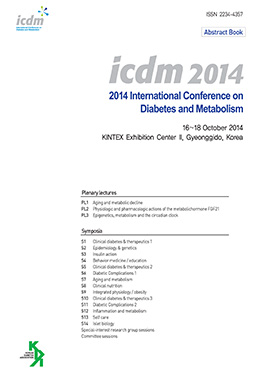Objective: The complement component C1q triggers activation of the classical immune pathway. The amount of C1q-APN complex in serum correlates positively with atherosclerosis. We assessed the relationships between C1q related variables and the severity of coronary artery disease (CAD), and investigated the localization of the C1q-APN complex.
Methods: The sample included 153 subjects comprising healthy controls and patients with subclinical or overt CAD. We measured the serum concentrations of C1q, total APN, and high-molecular weight (HMW)-APN, and the amount of C1q-APN complex. We identified the sites of C1q-APN complex deposition in various adipose tissues and blood vessels.
Results: Serum concentrations of C1q and HMW-APN and the C1q/HMW-APN ratio were independently associated with the severity of coronary stenosis. The amount of C1q-APN complex was significantly higher in patients with CAD compared with controls. C1q and APN colocalized in perivascular areas of subcutaneous, visceral, and pericardial fat tissues, and the internal mammary artery of patients with severe CAD.
Conclusion: Serum C1q concentration and the C1q/HMW-APN ratio were independent markers of coronary artery stenosis. The amount of C1q-APN complex was significantly greater in serum from CAD patients, and the complex localized to perivascular areas in adipose tissue and blood vessels. The association between the increased amount of the C1q-APN complex and CAD should be investigated further. The C1q-APN complex may be a potential target for new treatments to protect against tissue damage in CAD. (This study was supported by the grant of the Korean Diabetes Association, Republic of Korea.)




